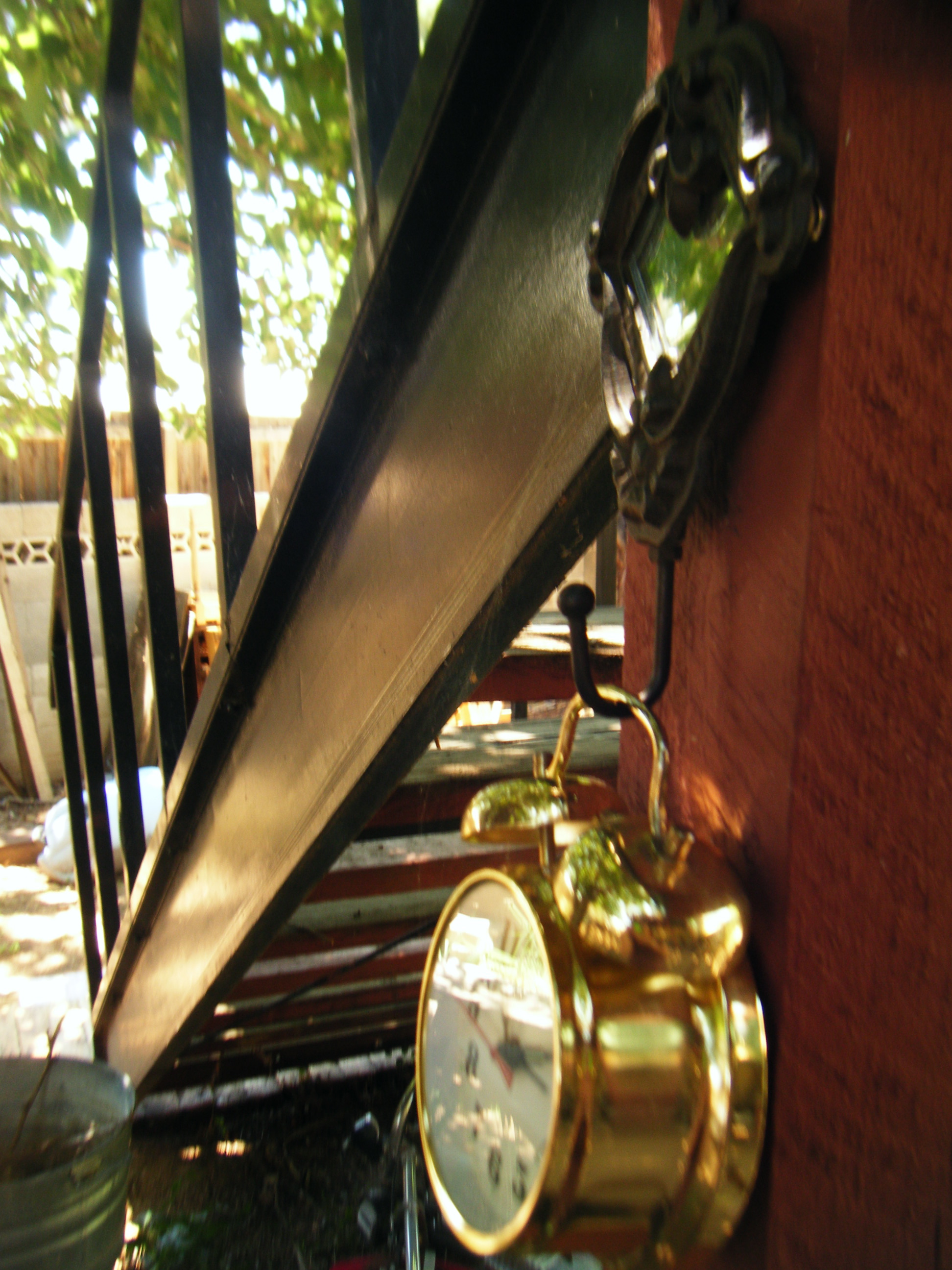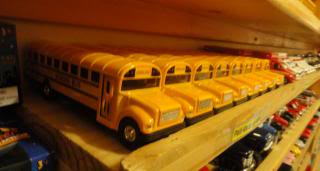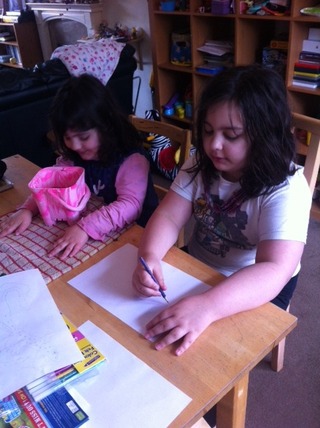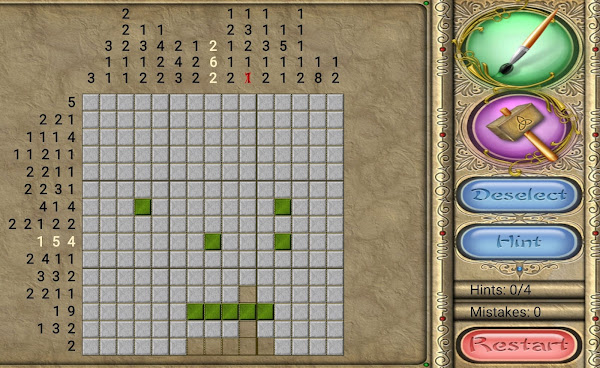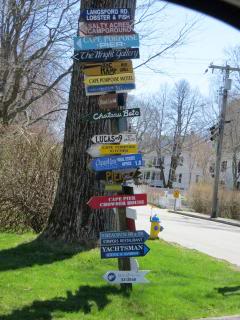Once upon a time, in 2006...
A story slightly involving allowance, but a snapshot of how kids who aren't desperate for money can act:
Two of Marty's friends were going to pick him up to go run around, but they ended up staying here. Then another friend came over to see all my kids. Then a friend of Kirby's from work came over. I hadn't met her before. She was nice. So my three (14, 17, 19) plus four more (17-21) were all having a great time laughing and looking at stuff on Kirby's computer and around our house, and Marty's big Lego Viking village, and so forth.
They decided to go out for ice cream and then to see "Over the Hedge." I asked Holly if she needed money, and she didn't. (She saves her allowance up.) Every other person there has a job. Outside of Kirby possibly having an interest in the girl from work, there were no couples. Two of those kids do have steady others, but didn't bring them over. So it was four teenaged girls, four teenaged boys, no romantic tension (unless Kirby and new-girl; didn't see any).
And here's the big success part. They asked Keith if he wanted to go. I didn't know they had, when Marty came and asked me if I wanted to go. So they would have taken me, or Keith, or both of us, with them.
We separately thanked them and declined and found out later they had asked us both. Pretty sweet!
We didn't "teach them" to invite their parents to the movies. One advantage of our not going was that then they could fit into the big van and didn't have to take two cars.
SandraDodd.com/math/allowance
photo by Sandra Dodd,
whose kids are not teens anymore, but are still sweet,
of a movie theater in Austin, unrelated except for the movie part







